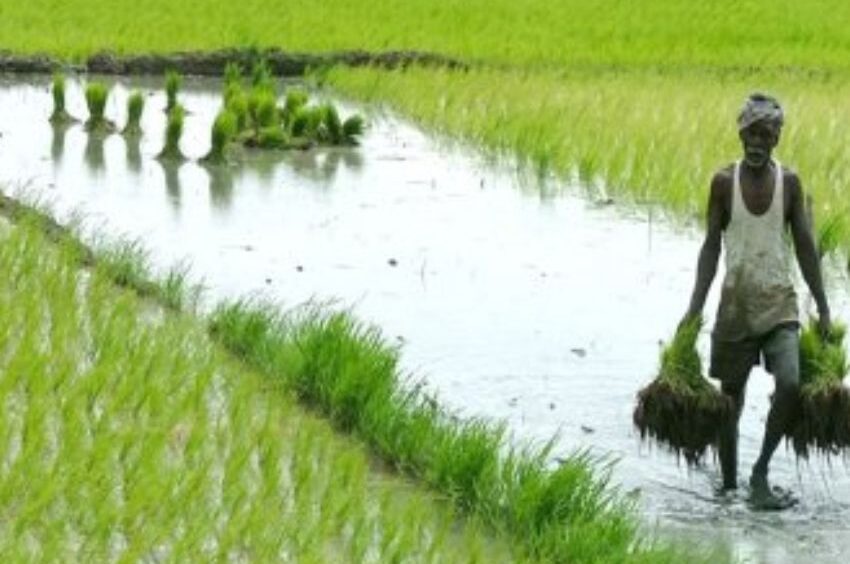New Study Reveals Pesticides Harm Over 800 Species, Threatening Ecosystem Health

The research highlights the widespread impact of pesticides on plants, animals, fungi, and microbes, undermining the integrity of ecosystems worldwide
A study published in Nature Communications has revealed that pesticides, including insecticides, fungicides, and herbicides, are having a far-reaching impact on the environment. As per the media reports, the research shows that more than 800 non-target species—ranging from microbes and fungi to plants, insects, fish, birds, and mammals—are negatively affected by these chemicals. These species are not intended for harm but suffer from significant changes in their growth, reproduction, behaviour, and survival due to exposure.
The study found that pesticides harm these organisms by impairing essential life processes such as movement, foraging, mating, cell function, and metabolism. In some cases, pesticides even disrupt survival in both terrestrial and aquatic ecosystems.
Dave Goulson, a professor at the University of Sussex and author of the study, expressed alarm over the findings, emphasising that the impact of pesticides is far more extensive than commonly assumed. As per media reports, he said, “It is often believed that pesticides primarily harm the target pest and related species, but our research shows that the damage is widespread, affecting a variety of organisms across the ecosystem,” he said. “These negative effects threaten the delicate balance of ecosystems that we rely on.”
The report also highlighted previous studies that showed fungicides harming essential symbiotic fungi that help plants absorb nutrients, herbicides decreasing plant pollen viability, and insecticides contributing to the decline of vital pollinators. With such widespread consequences, the study calls for more sustainable and targeted pesticide use to safeguard biodiversity and the health of ecosystems around the world.






































































































































































































































































































































































































































































































































































































































































































































































































































































































































































































































































































































































































